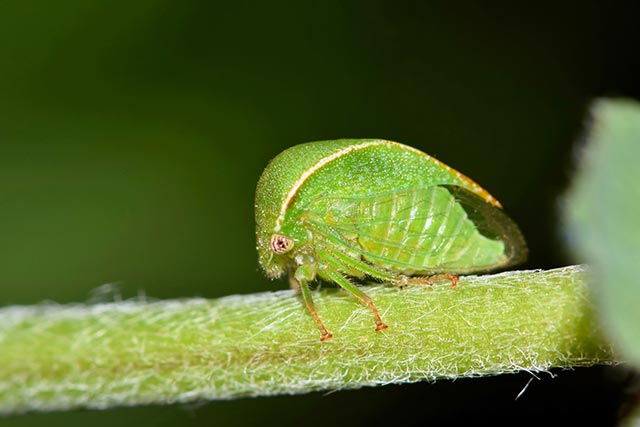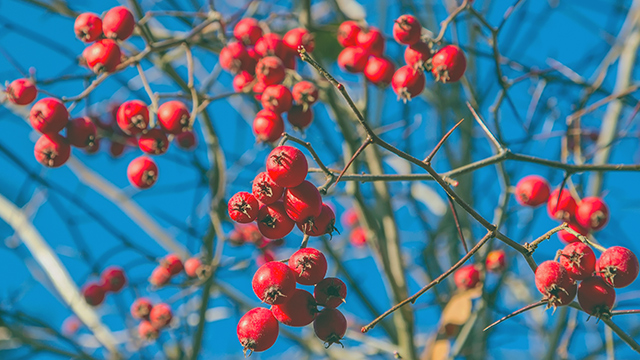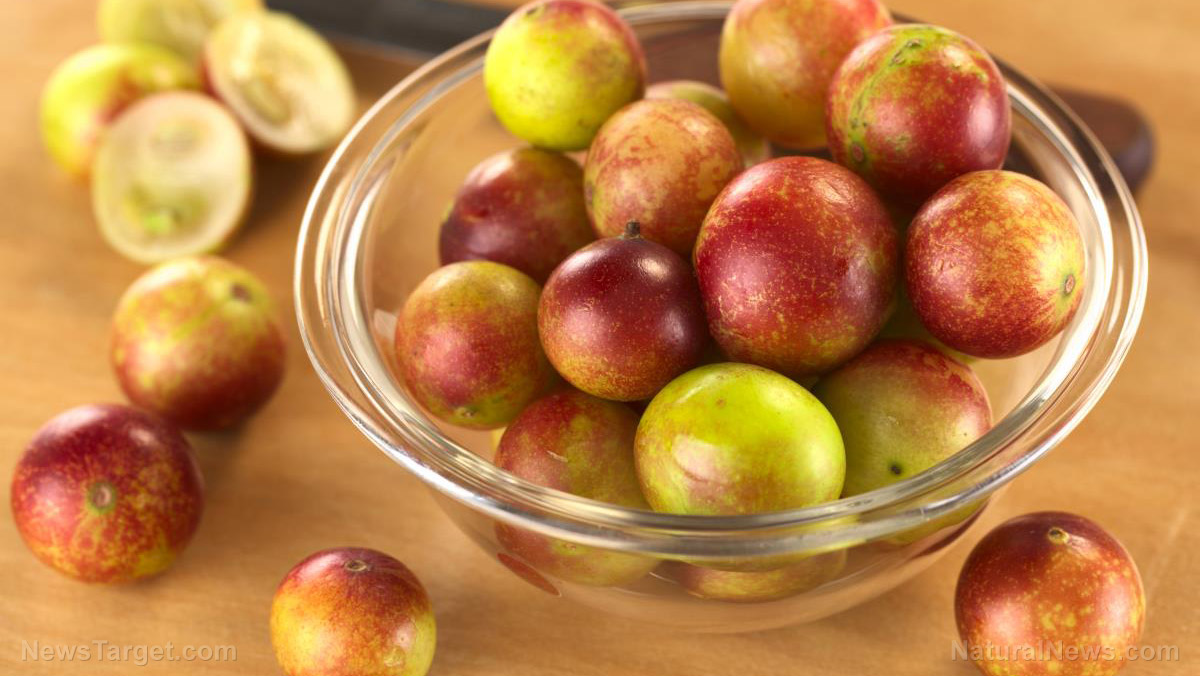OBEY: Europeans will soon be eating bugs after mealworms get the green light from food regulators
02/09/2021 / By Divina Ramirez

Mealworms just got an inch closer to European dining tables after the European Union‘s (EU) food safety watchdog, the European Food Safety Authority (EFSA), found the insects safe for human consumption.
French company EAP Group Agronutris submitted the application for the approval of mealworms in 2018. Despite their name, mealworms are not actually worms – they are the larvae of the mealworm beetle.
Rich in fat and high-quality protein, mealworms offer a sustainable source of food with a lower carbon footprint. However, the bug may not be advisable for consumption among people with seafood and dust mite allergies.
EFSA experts are hopeful that the European Commission will soon approve mealworms as a food product fit for supermarket shelves, kitchen pantries and restaurant menus across the EU. As per EU procedures, the European Commission has seven months after the release of the EFSA’s decision to submit a draft proposal to EU Member States authorizing the sale and consumption of mealworms.
Meanwhile, the International Platform of Insects for Food and Feed (IPIFF) welcomed the approval and noted that mealworms were indeed safe, having gone through thorough assessment procedures.
IPIFF President Antoine Hubert lauded the approval, saying that it marks a crucial step towards the wider EU commercialization of edible insects. The organization’s secretary-general, Christophe Derrien, noted that they hope the EFSA’s approval will lead to the marketing of mealworms by mid-2021.
Edible insects touted as next superfood
In 2018, the EFSA saw a flood of applications for edible insects to be approved for human consumption due to a novel food regulation that came into effect. Under the supervision of chemist and food scientist Ermolaos Ververis, mealworms became the first insect that the EFSA studied as a possible food source for humans.
Mealworms and other edible insects have been touted as the next superfood due to their nutrient profile. They also require less labor and fewer resources to breed, unlike conventional farm animals. That is because insects can grow and reproduce at a much faster rate than livestock.
Mario Mazzocchi, an economist from the University of Bologna in Italy, said that the availability of cheap and sustainable food could also further enhance food security and open more economic opportunities. (Related: Sustainable and easy to grow, jack fruit can help provide food independence to poor cultures.)
Given the nutrients insects offer and the less labor-intensive process of breeding them, the insect industry has grown to be worth £297 million ($406 million). It is projected to be worth twice or even thrice that number in the next three years.
Potential risks of eating and farming insects
Despite their apparent advantages over livestock, it’s hard to imagine millions of people accepting edible bugs as food with open arms. Giovanni Sogari, a food consumer researcher from Italy’s University of Parma, said that insects’ “yuck factor” hardly makes them appealing to Europeans.
But more than just grossing people out, other experts worry that edible insects may upset local ecosystems for the same reasons that they are touted as a sustainable food source. For instance, since insects grow and reproduce fast, one insect escaping a farm could be disastrous for insect populations in an area.
Experts also still know very little about the possible effects of edible insects on humans. Some studies have shown that eating certain insects, including mealworms and grasshoppers, can trigger adverse reactions, often in people who are also allergic to shrimp, crab and other crustaceans.
Moreover, insects can become carriers of infection-causing bacteria if they feed on decaying animal or human matter infected with harmful biological agents.
Learn more about the pros and cons of insects as a food source at FoodSupply.news.
Sources include:
Submit a correction >>
Tagged Under:
This article may contain statements that reflect the opinion of the author
RECENT NEWS & ARTICLES
COPYRIGHT © 2017 SUPER FOODS NEWS





















